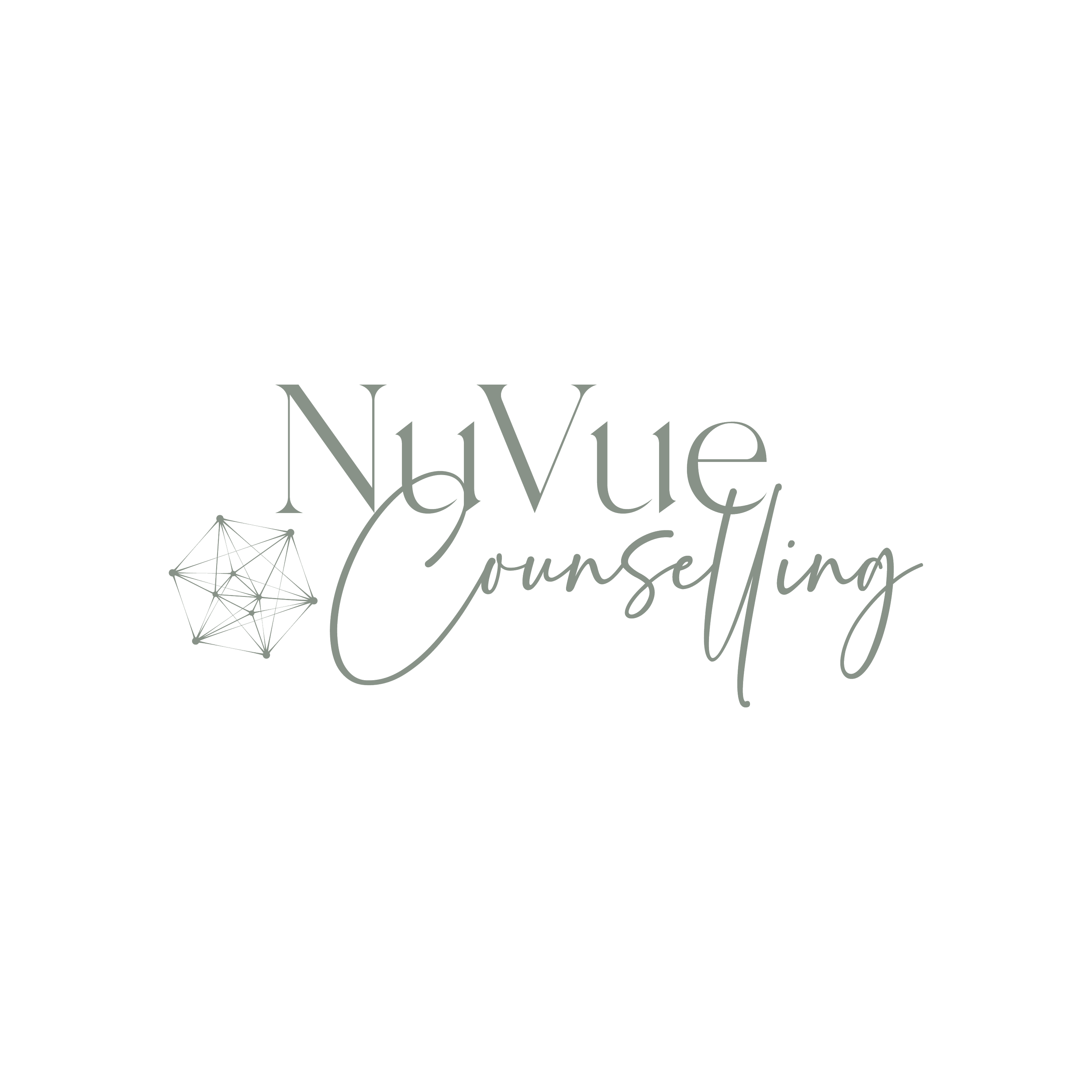Do you feel stuck in life—like no matter how much self-work or therapy you’ve done, something still isn’t shifting?
You’re not alone. Many people come to therapy feeling this exact way—frustrated, discouraged, and wondering why they’re still repeating the same patterns, stuck in the same emotional loops, or held back by the same fears and doubts. It can show up in relationships, work, self-esteem, or your overall sense of direction.
Feeling stuck doesn’t mean therapy has failed or that you’re doing something wrong. Healing is not a straight line. Growth is layered, and sometimes the approaches that worked before might no longer be enough to move you forward.
In my practice, I take a different approach—one that goes beyond just talking about your experiences and into the root of how your body and nervous system have held onto them.
I focus on working with the nervous system and supporting you in processing trauma and emotional blocks through EMDR therapy (Eye Movement Desensitization and Reprocessing). When we go through overwhelming or traumatic experiences, our nervous system can become dysregulated. This can lead to chronic stress, anxiety, emotional numbness, or that stuck feeling that just won’t go away—no matter how much insight you have.
By gently working with the body, mind, and emotions together, we can begin to restore regulation and safety within your system. This is often the missing piece that allows deeper healing to happen.
My approach is trauma-informed, compassionate, and rooted in nervous system awareness. I meet you where you are, and together we work to reconnect you with your inner capacity for healing, clarity, and change.
If you’ve felt like traditional therapy hasn’t gone deep enough, or if you’re ready to explore a different way of healing, I’m here to support you. You don’t have to stay stuck. Real transformation is possible, with patience, the right tools, and a safe, supportive space to do the work.
Therapeutic Approach
What is EMDR?
EMDR stands for Eye Movement Desensitization and Reprocessing. It’s a structured, evidence-based therapy that helps people process and heal from distressing memories, trauma, and limiting beliefs that are stored in the brain and body.
Unlike traditional talk therapy, EMDR doesn’t require you to go into detail about your past. Instead, it helps your brain “unstick” painful or overwhelming experiences that are still affecting you today. Think of it as helping your mind finish a story it got stuck in.
EMDR uses bilateral stimulation, usually through guided eye movements, tapping, or sound, to activate both sides of the brain while you focus on a specific memory, thought, or emotion. This helps reprocess the experience in a healthier way, so it's no longer stuck on a loop or triggering strong emotional reactions.
As the brain processes, distress naturally decreases. Over time, people often notice that the memory feels more distant, less emotional, and that their reactions to current situations change for the better.
How Does EMDR Work?
What Can EMDR Help With?
EMDR is proven effective for:
PTSD and trauma
Anxiety and panic
Depression
Grief and loss
Negative self-beliefs
Childhood or relational wounds
Performance blocks
And more
EMDR isn’t just for big, dramatic traumas. It’s also helpful for the smaller moments that left a lasting emotional impact, what some therapists call “little t” traumas. If you’ve ever thought “I should be over this by now” or “I don’t know why I feel this way,” EMDR might be the missing piece.

